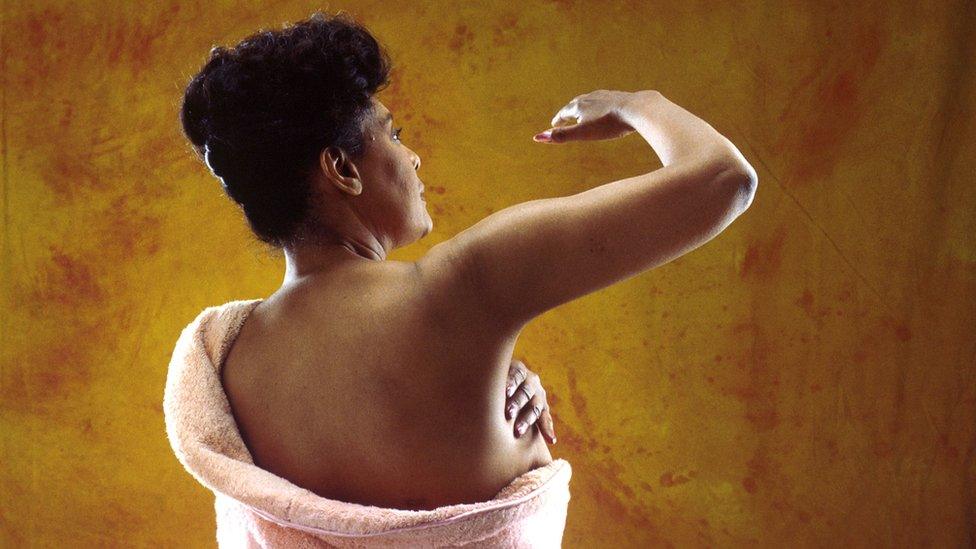Breast cancer taboo 'can cause isolation' for black women
- Published
Bamidele Adenipekun says not talking about cancer can lead to feeling "isolated"
A woman who had breast cancer has spoken out about the "isolation" people with the disease from minority ethnic communities can feel.
Bamidele Adenipekun, from Swansea, said it was not discussed "due to fear", which can lead to aftercare problems.
Cancer Research UK said more research was needed "to understand why for some people cancer remains taboo".
Breast screening uptake in these communities in the UK is lower than average, said Public Health Wales.
Bamidele said in her community it is "an unwritten rule" that an illness like cancer is kept "within the family and you don't share it".
"In a place like Wales, where you are in the minority, talking about your experience of cancer is not the way you want to be perceived," she said.
"There are cultural reasons and feelings of being misunderstood which can run quite deep."
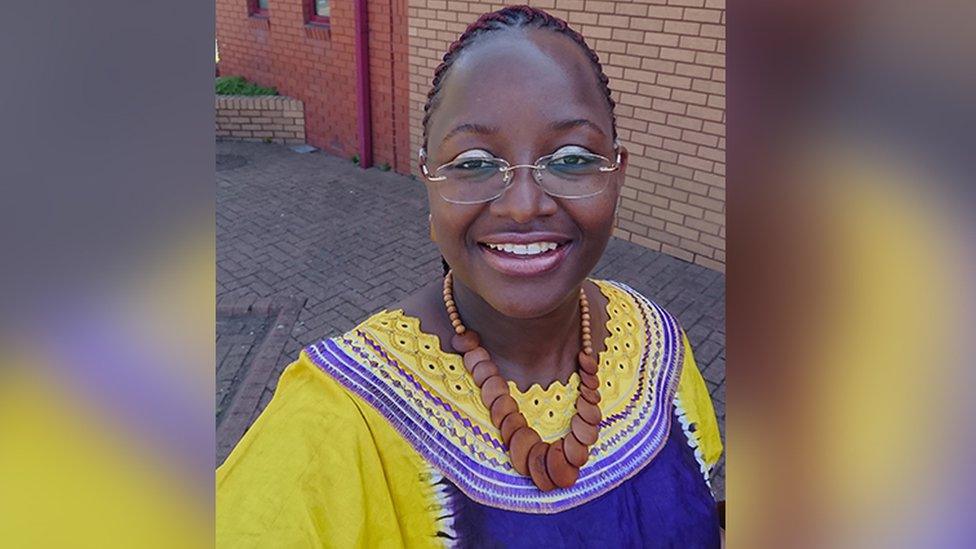
"We need to start talking about this we can't just suffer in silence," says Bamidele Adenipekun
The 42-year-old, who was diagnosed with breast cancer in 2014, added that talking about breasts is "very personal and feminine" and "not the done thing".
Some black, Asian and minority ethnic (BAME) communities "won't even say the word cancer", said Heather Nelson, of the charity BME Cancer Voice.
"It is a self-fulfilling prophecy when these communities won't have the screening so their prognosis is worse," she added.
'It's not good enough'
But Bamidele, who volunteers at Breast Cancer Care and Breast Cancer Now, said her aftercare was "stellar" but this is a "rare experience" for a woman from a black and minority ethnic background.
Her sister and mother, who both died from breast cancer, had aftercare which made them feel "excluded", she added.
After chemotherapy, her sister was referred to a wig maker who only had Caucasian hair.
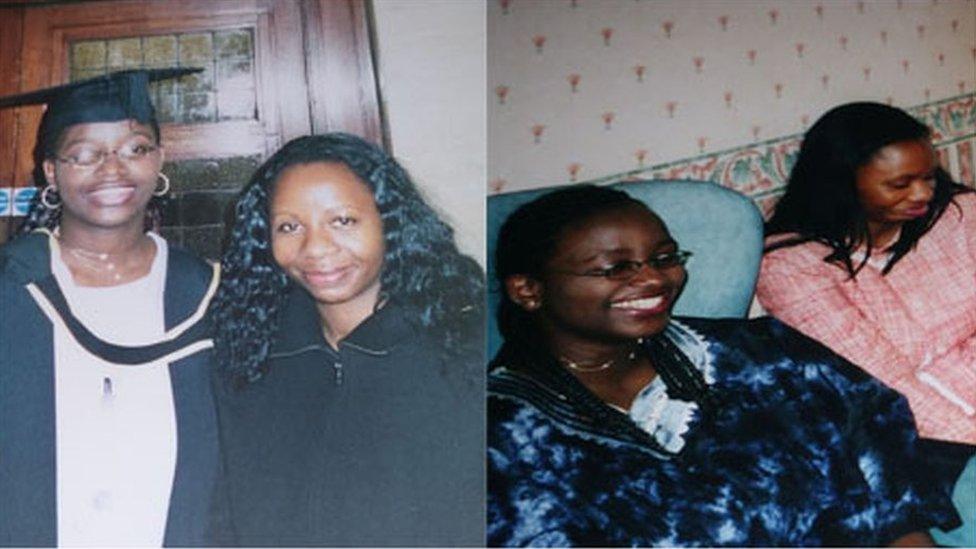
Bamidele's sister Titi died from breast cancer in 2017
"She lost her hair, she lost her breasts - and she was referred to someone who didn't even have a clue," she said.
"It did not suit her at all because it was made for a white woman.
"What it boiled down to was not being listened to and being put in a box."
Heather added that one woman who came to BME Cancer Voice was told to put coloured tights around her breast prosthesis, because it couldn't be sourced in the right colour.
"It is just not good enough," she added.
Breast Cancer Care and Breast Cancer Now clinical nurse specialist Catherine Priestley said it could be a "postcode lottery" to get matching prosthesis or wigs for women from BAME backgrounds.
Dr Ardiana Gjini, of Public Health Wales, said: "We know that [breast screening] uptake within these communities across the UK is lower than average."
She added this is for various reasons including access, cultural issues and language barriers.
Late stage at diagnosis for breast cancer in England is more common in Black African (25%) and Black Caribbean adults (22%), compared to White British adults (13%), according to Public Health England's 2016 statistics. They do not have figures for Wales.
Sophia Lowes, of Cancer Research UK, said: "Talking about cancer can be hard and in some communities and cultures it may be even more difficult.
"While screening plays an important part in diagnosing cancer early, we know the great majority of breast cancers are still diagnosed by women finding a lump or noticing other symptoms."
- Published10 May 2019
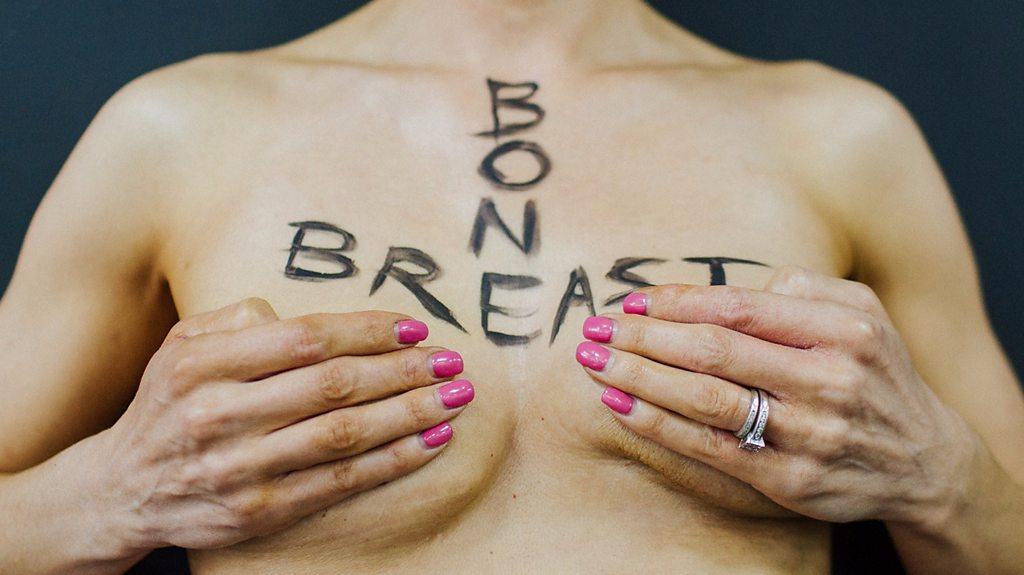
- Published10 February 2019
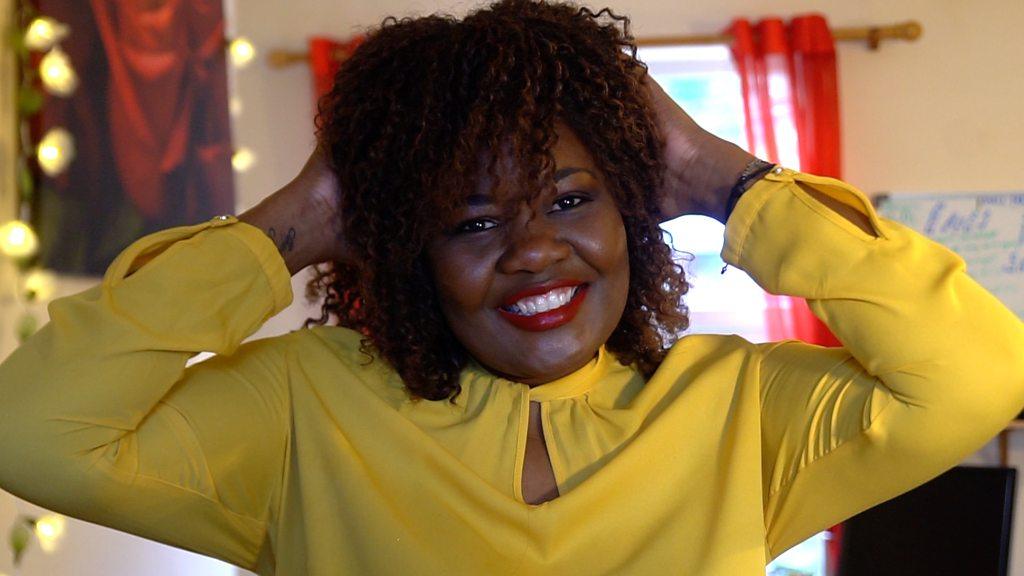
- Published16 November 2016
